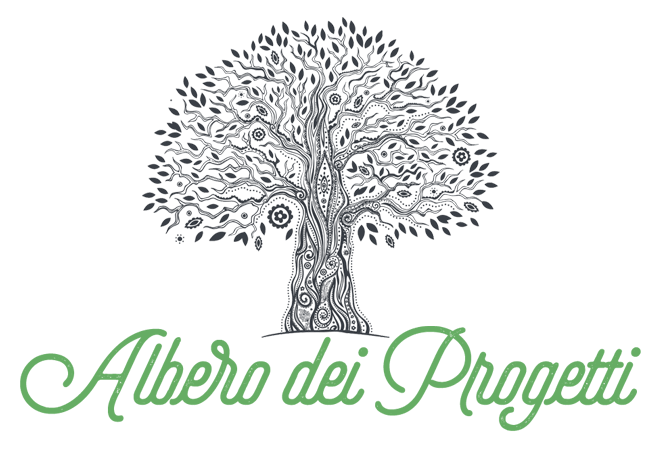PMI Emea Global Congress 2010
Ogni anno leggo con interesse il programma di presentazioni e workshop dei Global Congress del PMI, ed ogni volta cerco, all'interno del panorama della ricerca internazionale, il filone di studio e di innovazione che mi è più caro. Chi mi conosce sa che sono molto legata all'idea di un Project Management flessibile, duttile, rispettoso delle diverse culture, che possa farsi strumento per i progetti e per chi lavora nei progetti in Africa.
Un Project Management che non sia una nuova colonizzazione, che orienti e guidi i progetti, ma che impari, allo stesso tempo, dall'Africa che parla con il linguaggio ed i tempi morbidi che ne hanno costruito la storia.
Quest'anno, nell'Emea Global Congress qui a Milano, la mia presentazione preferita ha un titolo in lingua Zulu e sarà questa: "Umuntu Ngumuntu Ngabantu", di Matteo Coscia.
In italiano il titolo potrebbe tradursi con "io sono ciò che sono in virtù di ciò che tutti siamo" e si ispira all'Ubuntu, un'etica ed un'ideologia africana che si focalizza sulle relazioni reciproche delle persone. A partire dal titolo, la presentazione svilupperà una interessante lettura antropologia di uno dei maggiori fattori critici di successo dei progetti, le persone.
Di seguito, l'abstract della presentazione in lingua inglese:
Umuntu ngumuntu ngabantu: a person is a person through other persons. People without roles and roles without people are often the cause of project failures. The sub saharian Zulu tribes survive each day in harsh environments recognising and being ready for each other. They call it surviving, we call it best practises. A little anthropology for project's success.
Learning Objectives
- Pinpoint project and cultural weakness areas in the field of people recognition and role assignment.
- Realise how crucial well defined roles are to project success.
- Draw a parallel between real hard life and struggle with nature with complex project environments.
From the Zulu's dialect, the translation sounds like "a person is a person through other persons". These African people have to struggle to survive every day ... literally. They either eat lunch or they ARE lunch. When they greet each other they say "awu bona" (i see you) and the other person answers "ikhona" (i am here).
The Zulu's survival is based totally on recognition of roles and recognition of people. Emotional maturity ranks 4th in the critical project success factors in the 2008 chaos report published by the standish gruoup. People without roles and roles without people is the leading theme of this presentation, which taps into real life examples of successful and failed projects due to organisational mismatch.
